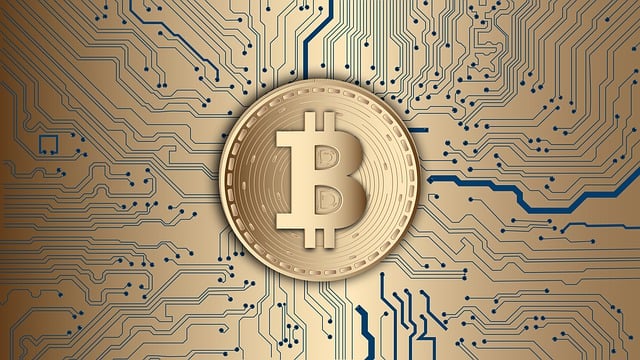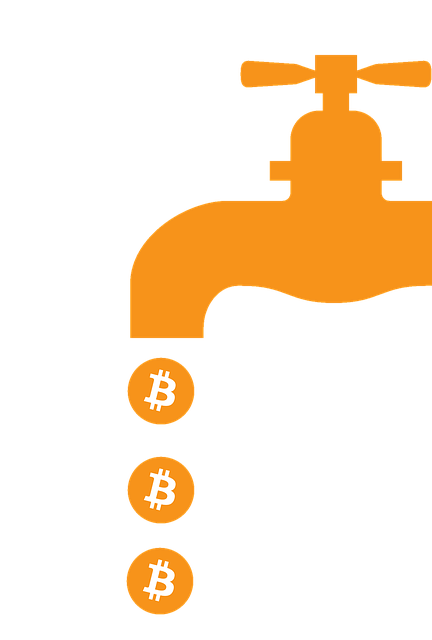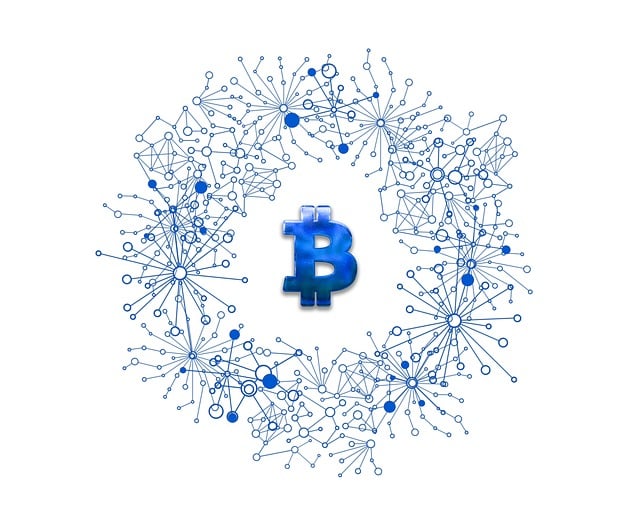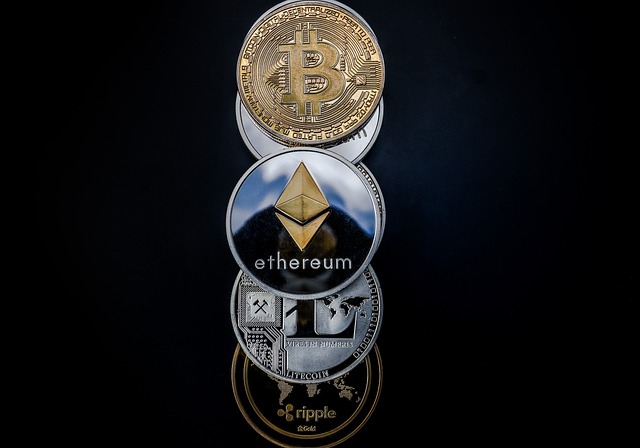Decentralized Finance (DeFi) is a groundbreaking movement utilizing blockchain technology to revolutionize traditional financial systems by eliminating intermediaries like banks. It democratizes access to financial services globally through smart contracts, promising increased transparency, security, and efficiency. DeFi enables peer-to-peer interactions for lending, borrowing, trading, and yield farming, fostering economic opportunities and financial inclusion. With its rapid expansion and innovative use cases like stablecoins and decentralized exchanges, DeFi has the potential to disrupt global finance by offering lower fees, privacy, and 24/7 accessibility. However, challenges such as regulatory uncertainty and security concerns must be addressed for mainstream adoption, while successfully tackling defaults can ensure DeFi's inclusive impact on diverse populations.
“Decentralized finance (DeFi) is revolutionizing traditional financial systems by offering a transparent, accessible, and democratic alternative. This article provides a comprehensive overview of the concept, exploring its roots in blockchain technology and smart contracts. We delve into the rapid growth of DeFi, its potential to disrupt established institutions, and its impact on financial inclusion. Additionally, we navigate the challenges and discuss the future outlook, highlighting both opportunities and risks in this dynamic landscape.”
- Understanding Decentralized Finance (DeFi): A Glimpse into the Concept
- The Current State of DeFi and Its Rapid Growth
- Unlocking the Potential: How DeFi Can Disrupt Traditional Finance
- Impact on Accessibility and Financial Inclusion
- Challenges and Future Outlook: Navigating the DeFi Landscape
Understanding Decentralized Finance (DeFi): A Glimpse into the Concept

Decentralized finance, or DeFi, is a revolutionary concept that aims to recreate traditional financial systems with blockchain technology and peer-to-peer interactions, eliminating intermediaries like banks. At its core, DeFi seeks to democratize access to various financial services by leveraging smart contracts on decentralized networks. This innovative approach promises to expand the reach of financial products and reduce barriers to entry for individuals worldwide.
The potential impact of DeFi is profound, offering increased transparency, security, and efficiency in managing funds. It enables users to participate in lending, borrowing, trading, and yield farming without relying on centralized institutions. With open-source protocols, DeFi allows anyone with an internet connection to gain exposure to a diverse range of financial tools, fostering economic opportunities and promoting financial inclusion.
The Current State of DeFi and Its Rapid Growth

The decentralized finance (DeFi) landscape is experiencing a rapid growth phase, capturing the attention of investors and tech enthusiasts worldwide. This innovative sector, built on blockchain technology, promises to revolutionize traditional financial systems by offering a more inclusive, transparent, and efficient alternative. DeFi’s potential impact is vast; it aims to democratize access to financial services, enabling users to borrow, lend, trade, and earn interest without the need for intermediaries like banks.
The current state of DeFi is marked by a surge in user adoption, with millions of people globally exploring decentralized applications (dApps) and smart contracts. This growth can be attributed to the compelling benefits DeFi offers, such as lower fees, increased privacy, and 24/7 accessibility. As developers continue to innovate, creating new protocols and products, the DeFi space is becoming increasingly sophisticated, addressing various financial needs and use cases, from stablecoins to decentralized exchanges and yield farming.
Unlocking the Potential: How DeFi Can Disrupt Traditional Finance

The rise of decentralized finance (DeFi) is poised to disrupt traditional financial systems, unlocking unprecedented potential and offering alternative solutions. DeFi leverages blockchain technology to create a peer-to-peer network, eliminating the need for intermediaries like banks. This innovative approach allows individuals to have greater control over their funds, fostering financial inclusivity and accessibility. With its transparent and secure nature, DeFi has the power to democratize finance by providing services such as lending, borrowing, and trading without geographical boundaries or restrictive regulations.
The potential impact of DeFi is far-reaching, promising to revolutionize the way money is managed and exchanged. It empowers users to earn interest on their holdings, access liquidity through collateralized loans, and participate in decentralized exchanges. As DeFi continues to evolve, it challenges the status quo, encouraging traditional financial institutions to adapt and integrate these innovative models. This shift could lead to more efficient, transparent, and inclusive financial ecosystems, ultimately benefiting users worldwide.
Impact on Accessibility and Financial Inclusion

The concept of default, particularly in the context of decentralized finance (DeFi), holds significant implications for accessibility and financial inclusion. DeFi’s core promise is to create a more inclusive and accessible financial system, breaking down traditional barriers such as geographical location, creditworthiness, and intermediary involvement. However, defaults can disrupt this vision if not managed effectively. When borrowers default on their loans or investors lose their investments in DeFi platforms, it can lead to negative feedback loops that disadvantage marginalized communities further.
These impacts are twofold. First, it can restrict access to future financial opportunities for those who have defaulted, creating a permanent financial stain. Second, it may deter individuals from engaging with DeFi altogether due to perceived risks, hindering the potential for financial empowerment and inclusion. Addressing these challenges is crucial to ensure that DeFi lives up to its promise of offering equal opportunities and fostering financial literacy across diverse populations.
Challenges and Future Outlook: Navigating the DeFi Landscape

The decentralized finance (DeFi) landscape presents both immense opportunities and significant challenges. One of the primary hurdles is regulatory uncertainty, with governments and financial institutions grappling to understand and categorize DeFi products. This lack of clarity can deter institutional adoption, hindering the potential impact of DeFi on the global financial system. Additionally, security remains a critical concern, as hacks and smart contract vulnerabilities have led to substantial losses in recent years. Building trust and robust security measures will be essential for mainstream acceptance.
Looking ahead, the future outlook for DeFi is promising but complex. As developers continue to innovate, creating more sophisticated and user-friendly applications, we can expect to see increased collaboration between DeFi startups and established financial institutions. Interoperability solutions, aiming to connect different blockchain platforms, will play a pivotal role in expanding DeFi’s reach and addressing fragmentation. Moreover, advancements in scalability and transaction speeds could make DeFi products more accessible and appealing to mainstream users, unlocking the full potential impact of this revolutionary sector.
Decentralized finance (DeFi) has emerged as a revolutionary force in the financial sector, offering unprecedented access and opportunities. As the current state of DeFi and its rapid growth illustrate, this innovative concept is transforming traditional financial systems. Unlocking DeFi’s potential can lead to significant improvements in accessibility and financial inclusion on a global scale. However, navigating the DeFi landscape involves addressing challenges related to security, regulation, and user experience. By embracing technological advancements and fostering collaboration, DeFi has the potential to create a more inclusive and efficient financial ecosystem, reshaping how we interact with money and financial services.
